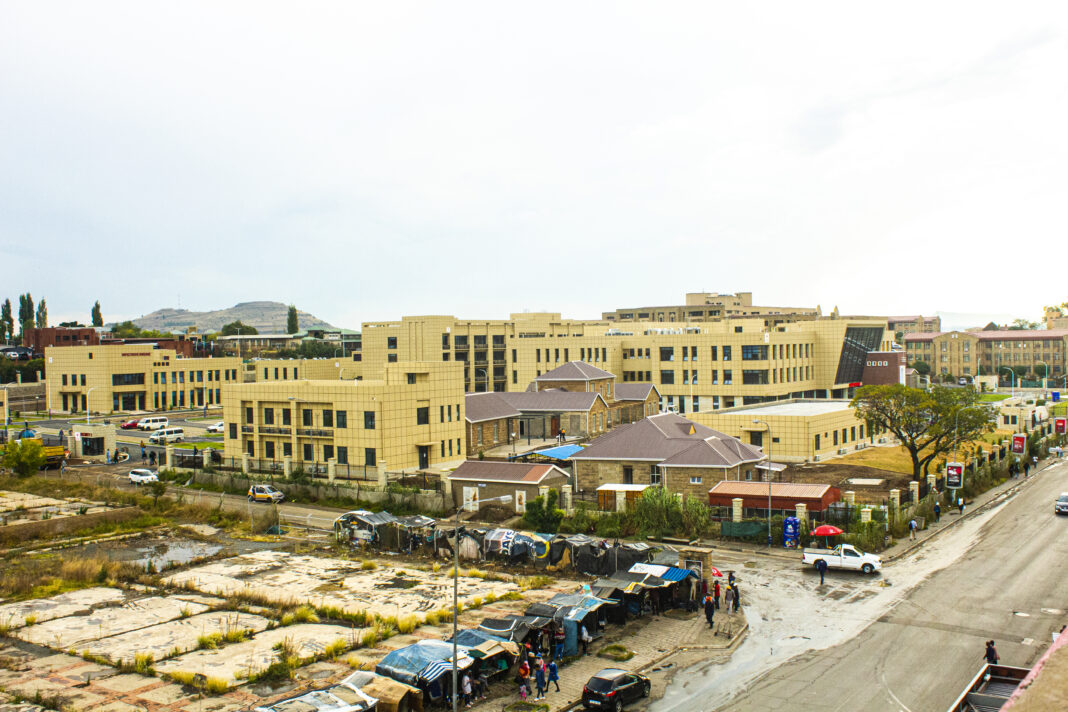Ntsoaki Motaung
In the remote reaches of Lesotho, where access to healthcare can be as arduous as the terrain itself, a simple solution is transforming the landscape of family planning.
Sayana Press, a self-injection contraceptive has become a beacon of hope for women in the mountainous regions.
Introduced around 2021 by the United Nations Population Fund (UNFPA) and the Ministry of Health, with crucial backing from the China International Development Cooperation Agency (CIDCA), Sayana Press is more than just a contraceptive; it is a lifeline for women facing the dual challenges of geographic isolation and limited access to healthcare.
The support, valued at US$500,000, aimed to ensure that healthcare workers have the necessary supplies and equipment to deliver care safely. It also aimed to make family planning commodities, information, counselling services, and emergency contraception readily available and accessible.
Among the health commodities procured by UNFPA on behalf of the Ministry of Health, with support from China, were oxygen concentrators, personal protective equipment for medical workers, life-saving devices, contraceptives including Sayana Press, and other sexual and reproductive health supplies.
At the heart of this initiative is Mokhotlong Hospital, serving over 55 villages in the district, some of which are more than a five-hour walk away.
In an interview with Newsday, nurse midwife, Lielelo Senoko, a frontline healthcare provider, shed light on the profound impact of Sayana Press on the local community.
“Sayana Press is a game-changer for women who travel long distances to reach our facility,” Senoko said. “After thorough training, our clients are equipped with Sayana Press, ensuring they have access to contraception for three to nine months, mitigating the need for frequent trips to the hospital.”
For women navigating harsh weather conditions and impassable roads, Sayana Press offers a sense of security and autonomy.
“During floods or when transport is scarce, accessing healthcare becomes nearly impossible,” Senoko explained. “With Sayana Press, women can take charge of their reproductive health, even in the most challenging circumstances.”
But the impact extends beyond accessibility. Sayana Press is breaking down cultural barriers that often hinder women’s access to family planning.
“In communities where male involvement in healthcare decisions is prevalent, frequent visits to the hospital may raise suspicions,” Senoko noted. “With Sayana Press, women can discreetly manage their contraceptive needs without external scrutiny.”
Senoko stressed the importance of family planning in the country’s development, highlighting its role in reducing rates of unsafe abortions, unplanned pregnancies, and promoting healthy spacing of children.
While acknowledging that comprehensive research on the topic is yet to be conducted, she suggested that the introduction of self-injection had contributed to a potential reduction in unsafe abortions.
She mentioned that observations of hospital admissions due to unsafe abortions hint at this positive trend.
However, Senoko also discussed the challenges posed by high demand for the injection. She explained that the quantity supplied to the Maternal and Child Health (MCH) department was reduced and this posed challenges for clients who relied on it.
“We experienced a period where we had to go without Sayana Press for two to three months, forcing us to transfer our clients to another contraceptive method,” she recalled.
Malehlohonolo Ramoletsane, a client at Mokhotlong MCH department, shared her journey with Sayana Press.
“After experiencing side effects with other contraceptives, Sayana Press has been a revelation,” Ramoletsane said. “Its convenience and effectiveness have transformed my approach to family planning,” she added.
The significance of Sayana Press goes beyond individual stories.
Lesotho grapples with alarming rates of teenage pregnancies and maternal mortality, underscoring the urgent need for accessible contraception. UNFPA’s commitment to procurement ensures that women, especially those in rural areas, can exercise their reproductive rights safely and freely.
“This investment is a critical step towards universal access to sexual and reproductive health,” UNFPA states. “By diversifying contraceptive options, including Sayana Press, Lesotho is taking decisive action to empower women and reduce maternal mortality.”




